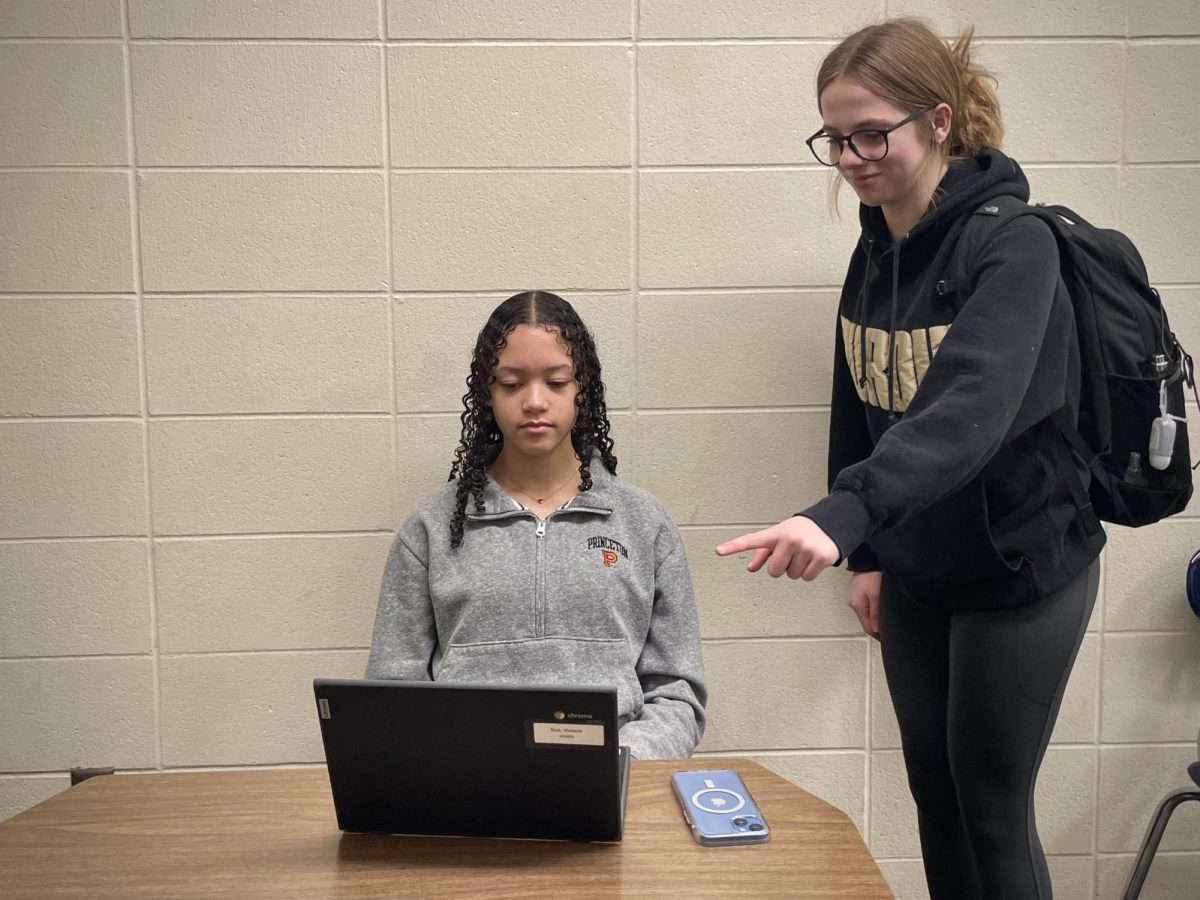Five of the topmost schools in the nation settled a $104.5 million deal on Jan. 23 in order to escape allegations of price-fixing. The Ivy League universities were held responsible for colluding to favor wealthy applicants when deciding on which students should be accepted into their universities.
The schools involved — Brown, Columbia, Duke, Emory, and Yale — denied any wrongdoing, claiming that they were never willingly involved in any actions putting their students at risk. Separately, Columbia and Brown reassured that benefits for students were at the forefront of every decision.
Colleges are legally required to be “need-blind” when assessing applications so that they don’t consider the financial abilities of prospective students.
Meanwhile, this is not the first time that elite universities have been charged with prioritizing wealthy applicants.
In 1991, these same schools were involved in sharing information about the financial needs of students amongst each other. By collaborating on financial aid cutoffs, universities were violating antitrust laws by eliminating opportunities for competitive pricing and reducing students’ chances of getting accepted into top colleges.
The following year, Congress approved a temporary exemption for colleges from antitrust laws and altered it in 1994, allowing schools to mutually agree on financial aid solely based on financial need.
Even with these regulations in place, schools like Yale and Columbia continue to collaborate with each other to secure profit off of students and ensure that all of the students they accept have the ability to pay for college.
College students unwillingly caught amidst such situations have no say in the decisions their colleges make. Former Duke student Neena Menon, who is currently enrolled in law school, strongly opposes the way these colleges take advantage of their students.
“In antitrust law, price-fixing is one of the gravest conduct that anybody can engage in, because it removes the ability for the market to correct prices, and for consumers to have any power” Menon lamented.
Though these issues mainly target university students, conflicts involving the wealth of college applicants have a direct effect on the future prospects of rising high school graduates as well.
PV junior Manusri Mutyala is an academically driven student who aspires to become a neurosurgeon.
“I am very passionate about going into the medical field and I wanted to get into Yale because their pre-med program is one of the top programs in the country,” Mutyala said. “I was ready to work hard, no matter the amount of sleepless nights it would take me. However, after hearing about their price-fixing allegations, my dream might end up only a dream.”
These scandals discourage many high school students from applying to their dream colleges. Furthermore, many academically inclined students choose to apply, yet are unable to attend the school of their dreams no matter how qualified they may be.
“These universities hold a lot of power in the field of education; yet they are prioritizing certain groups of students, making the whole admissions process a waste of my time, effort, and money,” rues Mutyala.
With America’s youth at risk, the choices top colleges make have the potential to have detrimental impacts on society. Price-fixing has been a longstanding issue amongst many elite universities and it’s high time that immediate action is taken to end malaise.









